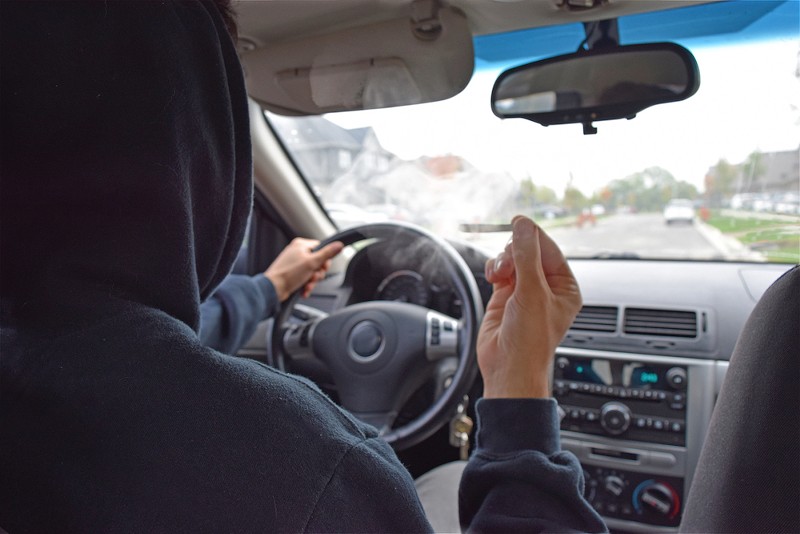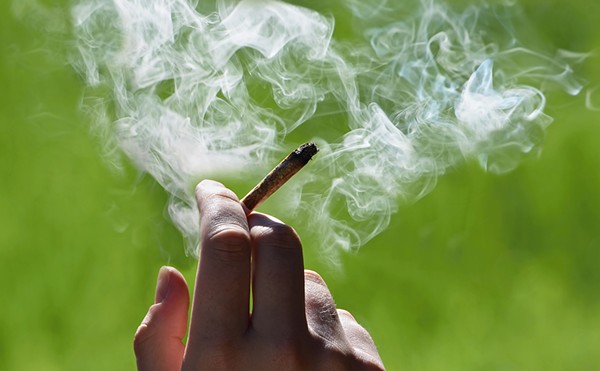Study suggests recreational weed states may see an increase in traffic deaths —though without evidence of high drivers
[
{
"name": "GPT - Leaderboard - Inline - Content",
"component": "35519556",
"insertPoint": "5th",
"startingPoint": "3",
"requiredCountToDisplay": "3",
"maxInsertions": 100
}
]
In the latest installment of “Did a narc write this?” comes a pair of studies published in JAMA Internal Medicine, which suggests that states with recreational marijuana laws may see an uptick in traffic fatalities. Neither, however, considered whether drivers were rip-roaring high while driving.
The studies, published Monday, looked to further an ongoing and relatively inconclusive conversation about the relationship between marijuana legalization and traffic deaths.
One study compared traffic data from recreational states Colorado, Washington, Oregon, and Alaska, and calculated that an additional 6,800 people would die in traffic accidents per year should every state in the U.S. legalize recreational weed. The second study found that Colorado saw 75 additional traffic deaths since retail sales began in 2014 when compared to averages of non-legal states.
The studies factored in availability of recreational weed shops, joblessness, speed limits, and seatbelt laws. What wasn't factored into the studies was actual weed intoxication, mostly because toxicology tests are a bit tricky when it comes to marijuana. Even if weed is detected following a crash, marijuana can hang around your body's tissues for a few days, depending on frequency of use, making it difficult to determine if intoxication played a role in a driver's inability to operate a vehicle safely.
Last year, the Insurance Institute for Highway Safety and the Highway Loss Data Institute concluded that states with legal weed saw a 6% increase in crashes when compared to neighboring non-legal states. However, a different 2019 study conducted by the American Journal of Public Health failed to find any change in crash-related deaths three years after recreational states legalized.
As for Michigan, it may be too early to tell if retail weed sales have had an effect on traffic deaths, seeing that retail sales began in December 2019. However, the Michigan Department of Transportation reported that 107 people died between January and mid-February 2019, an increase of 16 deaths from the same period in 2018. This spike came just two months after Michigan became one of 11 states to legalize recreational marijuana sales statewide.
A 2016 study used data from 1.2 million traffic deaths nationwide between 1985 through 2014 and found that those 28 states that legalized marijuana for medical use saw, on average, an 11% drop in traffic fatalities.
Michigan launched its medical marijuana program in 2008.
It's a new era for marijuana in Michigan. Sign up for our weekly weed newsletter, delivered every Tuesday at 4:20 p.m.






